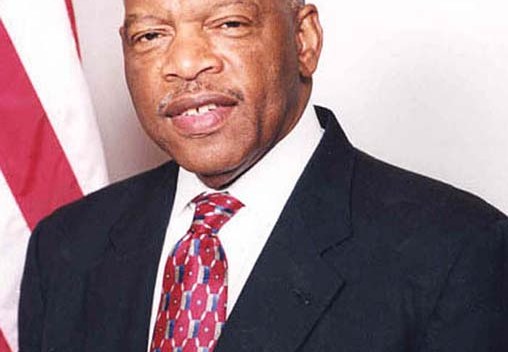
National International
Remembering John Lewis, rights icon and `American hero’
WASHINGTON (AP) — People paid great heed to John Lewis for much of his life in the civil ... Read more

WASHINGTON (AP) — People paid great heed to John Lewis for much of his life in the civil ... Read more